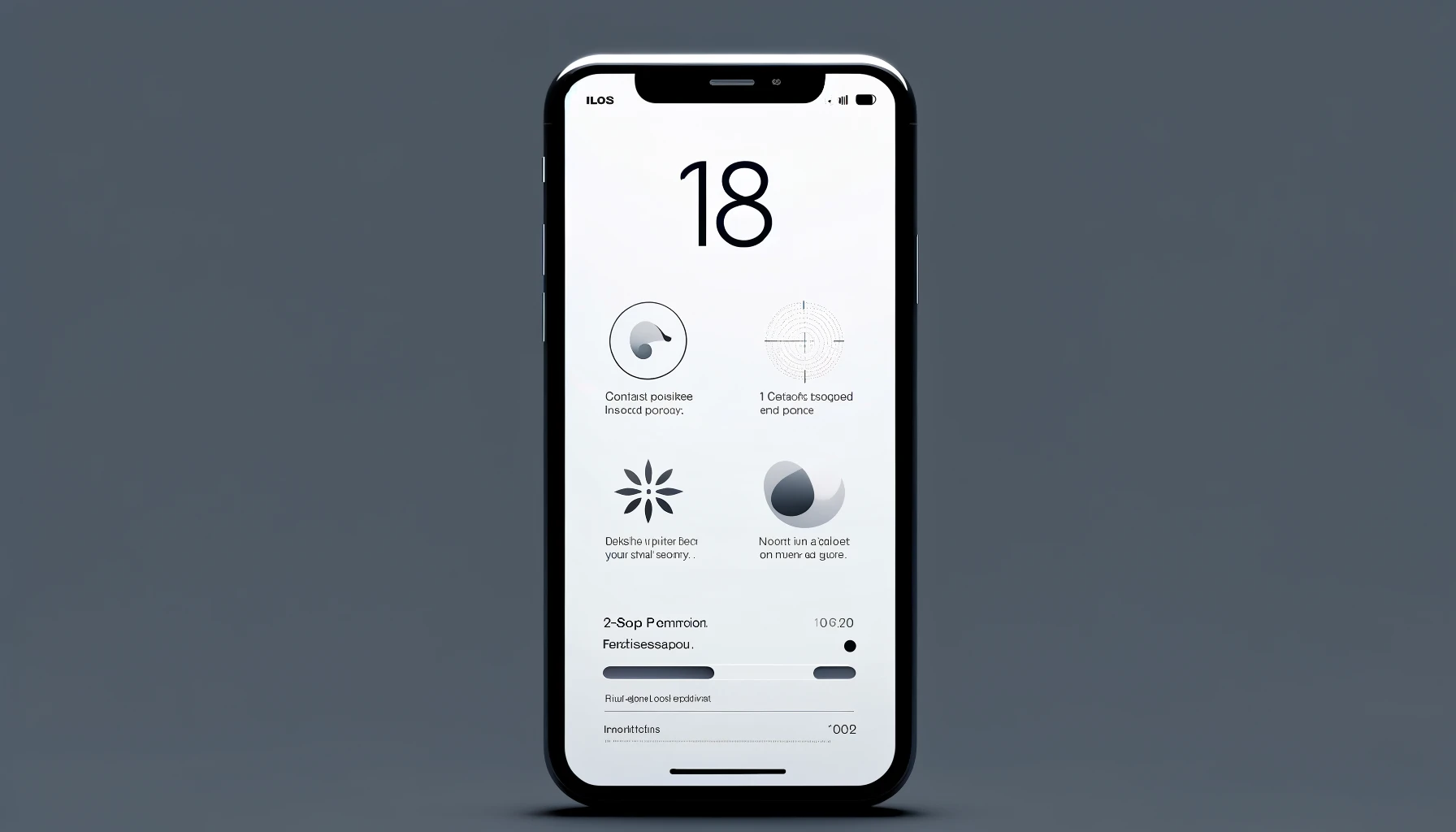iOS apps leveraging user address books to build social networks are set to face significant changes with the release of iOS 18. Announced during Apple’s Worldwide Developers Conference, this latest update will introduce a more stringent, two-step permission process for apps requesting access to users’ contacts. The update is aimed at enhancing user privacy and giving individuals more control over their personal data.
Enhanced Privacy Measures
Apple’s new privacy feature will fundamentally alter how apps request and receive access to contact lists. The first step in the new process will ask users whether they want to share their contacts at all, similar to the current system. However, if users agree, they will then be presented with a second screen. This screen allows them to choose between sharing their entire address book or selecting specific contacts to share.
This move addresses long-standing concerns about apps gaining broad access to personal contact information, which has been a common tactic for rapidly growing user bases. By allowing more granular control, Apple is enhancing user privacy and limiting unnecessary data exposure.
Background on Address Book Access
Social apps have historically requested full address book access to help users connect with friends or suggest new contacts. This strategy has been notably used by popular apps like Clubhouse, Poparazzi, and Lapse, which incentivized users to share their contacts to join or fully utilize the apps. Such methods have been criticized for pressuring users into sharing more information than they might be comfortable with, compromising privacy in exchange for app functionality.
For example, Lapse, a photo-sharing app, surged in popularity by requiring users to invite friends to gain access. Similarly, Poparazzi and Clubhouse demanded full access to user address books as part of their growth strategies. These practices have often led to privacy concerns as apps retain ongoing access to contact lists, even as new contacts are added.
Impact and Reactions
From my point of view, this change represents a significant step towards protecting user privacy. Security experts have long advocated for stricter controls over how apps access and use personal data. The two-step process in iOS 18 is a direct response to these concerns, aiming to curb data harvesting and ensure users retain control over their information.
Security firm Mysk praised the update, highlighting that it would curb data harvesting by apps that frequently request contact access. On the other hand, app developers who have relied on these methods for rapid growth expressed concerns. Nikita Bier, a developer known for creating growth-hacked apps, humorously lamented on X (formerly Twitter), calling it “the end of the world” for such tactics.
Practical Implementation
Notably, this new feature does not require app developers to make any changes to their existing code. The updated permission screens will automatically appear if an app requests access to contacts. Additionally, Apple has introduced a Contact Access Button, which allows users to search for contacts within an app without granting full access. This button enables users to add contacts individually, further limiting unnecessary data sharing.
This streamlined approach ensures a smoother transition for developers while prioritizing user privacy. The new system aims to balance the need for app functionality with stringent privacy controls, reducing the risk of data misuse.
Conclusion
As I see it, Apple’s iOS 18 update marks a pivotal shift in how user data privacy is handled. By introducing a two-step permission process for contact access, Apple is empowering users to take greater control over their personal information. This move is expected to reduce the prevalence of data harvesting and enhance the overall security of user data. While it may pose challenges for developers accustomed to leveraging full address book access for growth, the long-term benefits of increased user trust and privacy protection are likely to outweigh the drawbacks. With these changes, Apple continues to set a high standard for privacy in the tech industry, reinforcing its commitment to user-centric security measures.






